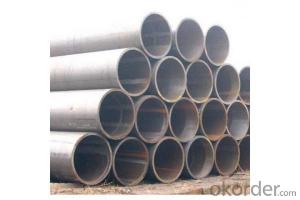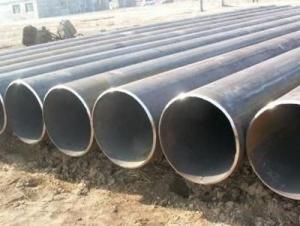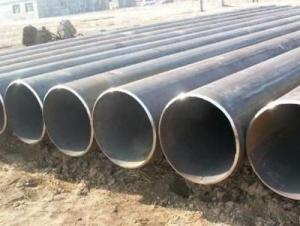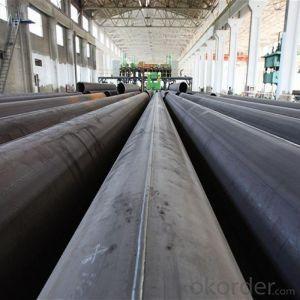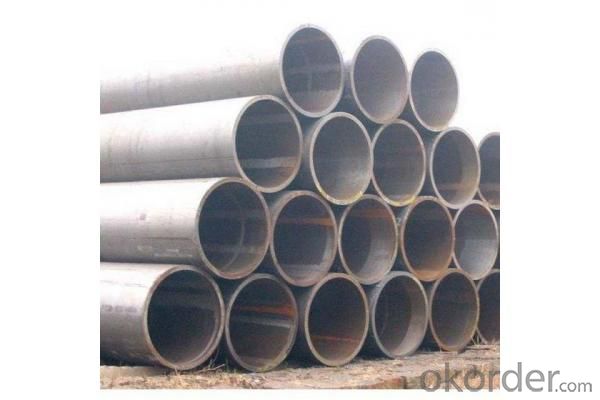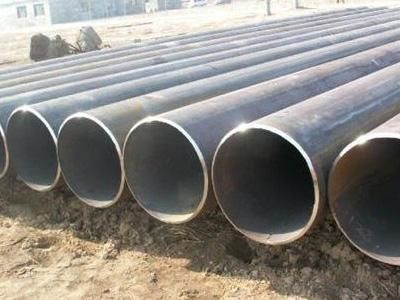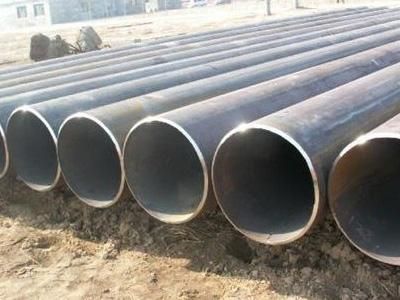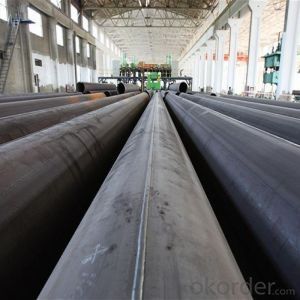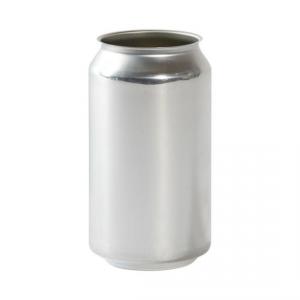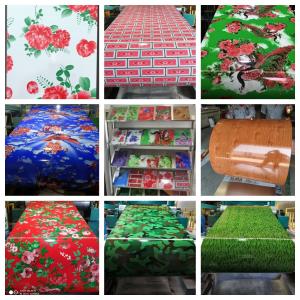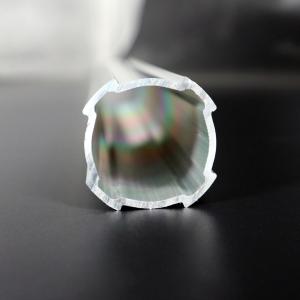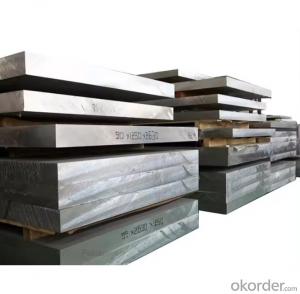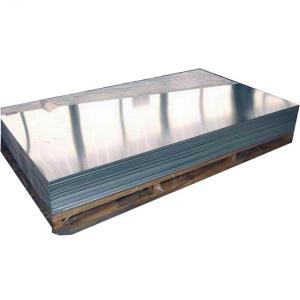Rectangular Steel Pipes Manufacturers - CNBM LSAW Steel Pipe 6''-48''
- Loading Port:
- China Main Port
- Payment Terms:
- TT OR LC
- Min Order Qty:
- -
- Supply Capability:
- -
OKorder Service Pledge
OKorder Financial Service
You Might Also Like
Packaging & Delivery
Packaging Detail: | Normal exporting packing,in container or bulk vessel or as per clients' request |
Delivery Detail: | 2 months after confimed contract |
Specifications
Large Diameter API 5L X70 PSL2 LSAW Steel Pipe
Grade: X42, X46, X50, X52, X60, B, C
OD: 1.5"-28"
WT: SCH10-SCH160
Brand:TPCO
Large Diameter API 5L X70 PSL2 LSAW Steel Pipe
Specifications:
u Standard: API 5L
u Grade: B, C, X42, X46, X50, X52, X56, X60, X65, X70, X80
u OD: 1.5"-28"
u WT: SCH10-SCH160
u Length: 5-12m
u Ends Finish: plain end, bevel end, grooved end
u Surface Treatment: bare, black varnished, oiled finish, red color, anti-corrosion, 3PE, FBE or epoxy coating
u Technique: hot rolled or cold drawn
u Application: api 5l steel pipe for conveying oil, water, gas
u Invoicing: based on theoretical weight or actual weight
u Payment Terms: L/C at sight, T/T or Western Union
u Trade Terms: FOB, CFR, CIF
u Certification: ABS manufacturing assessment, ABS design assessment, API 5CT, API 5L, DNV manufacturer certificate, ISO9001 quality management system certificate, ISO14001 environment management system certificate, GB/T28001 occupational health and safety management system certificate, A1 class manufacturing license of special equipment certificate, CCS, GL, LR, SGS, TüV, PDE
- Q:How do you calculate the pipe friction loss coefficient for steel pipes?
- The pipe friction loss coefficient for steel pipes can be calculated using the Darcy-Weisbach equation, which takes into account the pipe diameter, length, roughness, and fluid velocity. The coefficient can be determined by dividing the friction factor (obtained from Moody's chart or using empirical equations) by the Reynolds number (calculated using the fluid properties and pipe dimensions).
- Q:How are steel pipes used in sewage treatment plants?
- Steel pipes are used in sewage treatment plants to transport and distribute wastewater throughout the facility. They are crucial in carrying raw sewage from the intake point to various treatment processes such as sedimentation tanks, filtration units, and aerobic/anaerobic digesters. Additionally, steel pipes may be utilized for pumping treated or partially treated wastewater to outfall locations or for reuse purposes. The durability and corrosion resistance of steel make it an ideal choice for handling the harsh and corrosive nature of sewage, ensuring long-lasting and efficient operation of the treatment plant.
- Q:What is the difference between steel pipes and aluminum pipes?
- The main difference between steel pipes and aluminum pipes lies in their material composition. Steel pipes are made of an alloy primarily composed of iron and carbon, making them strong, durable, and resistant to corrosion. On the other hand, aluminum pipes are made of aluminum, which is a lightweight metal known for its excellent corrosion resistance and high thermal conductivity. Aluminum pipes are typically used in applications that require lightweight materials or where corrosion resistance is crucial, while steel pipes are commonly used in heavy-duty applications that require strength and durability.
- Q:How are steel pipes threaded for easy installation?
- Steel pipes are threaded for easy installation by using a specialized machine called a pipe threading machine. This machine cuts precise threads onto the ends of the steel pipes, allowing them to be easily connected and tightened together using threaded fittings or couplings. This threading process ensures a secure and leak-proof connection, making installation quick and efficient.
- Q:What is the single length of galvanized steel pipe?
- The single length of galvanized pipe is 6 meters. The length of galvanized seamless steel tube is uncertain, depending on the length of seamless steel tube.
- Q:Can steel pipes be used for desalination plants?
- Yes, steel pipes can be used for desalination plants. Steel is often chosen for its high strength, durability, and resistance to corrosion, making it suitable for carrying and transporting the highly saline water used in desalination processes. Additionally, steel pipes can handle high pressure, ensuring efficient water flow throughout the plant.
- Q:How do steel pipes compare to ductile iron pipes?
- Steel pipes and ductile iron pipes have some similarities, such as being durable and strong materials for piping systems. However, there are a few key differences between the two. Steel pipes are typically lighter and more flexible, making them easier to handle and install. They also have a higher resistance to corrosion and can withstand higher pressure and temperature conditions. On the other hand, ductile iron pipes have a higher tensile strength and are more resistant to impact and vibration. Overall, the choice between steel and ductile iron pipes depends on specific project requirements, such as the intended application, location, and budget constraints.
- Q:What is the weight of hot galvanized steel tubes? DN150 4mm wall thickness
- DN150 4mm wall thickness welded steel pipe theoretical weight is 16.21kg/m, galvanized steel pipe should be multiplied by the weight coefficient after galvanizing, C, DN150, wall thickness of 4mm, C=1.032, DN150, theoretical weight and wall thickness of 4mm galvanized steel is 1.02*16.21=16.7287kg/m = 16.73kg/m.
- Q:Can steel pipes be used for conveying abrasive materials?
- Yes, steel pipes can be used for conveying abrasive materials. Steel pipes are known for their durability and resistance to wear and tear, making them suitable for transporting abrasive substances such as sand, gravel, or chemicals. Additionally, steel pipes can handle high pressure and temperature conditions, further contributing to their suitability for conveying abrasive materials.
- Q:What's the difference between round and round tubes?
- Round steel is generally refers to steel, the surface is not threaded, different from round steel pipe, round tube is round tube.
1. Manufacturer Overview |
|
|---|---|
| Location | |
| Year Established | |
| Annual Output Value | |
| Main Markets | |
| Company Certifications | |
2. Manufacturer Certificates |
|
|---|---|
| a) Certification Name | |
| Range | |
| Reference | |
| Validity Period | |
3. Manufacturer Capability |
|
|---|---|
| a)Trade Capacity | |
| Nearest Port | |
| Export Percentage | |
| No.of Employees in Trade Department | |
| Language Spoken: | |
| b)Factory Information | |
| Factory Size: | |
| No. of Production Lines | |
| Contract Manufacturing | |
| Product Price Range | |
Send your message to us
Rectangular Steel Pipes Manufacturers - CNBM LSAW Steel Pipe 6''-48''
- Loading Port:
- China Main Port
- Payment Terms:
- TT OR LC
- Min Order Qty:
- -
- Supply Capability:
- -
OKorder Service Pledge
OKorder Financial Service
Similar products
New products
Hot products
Hot Searches
Related keywords
